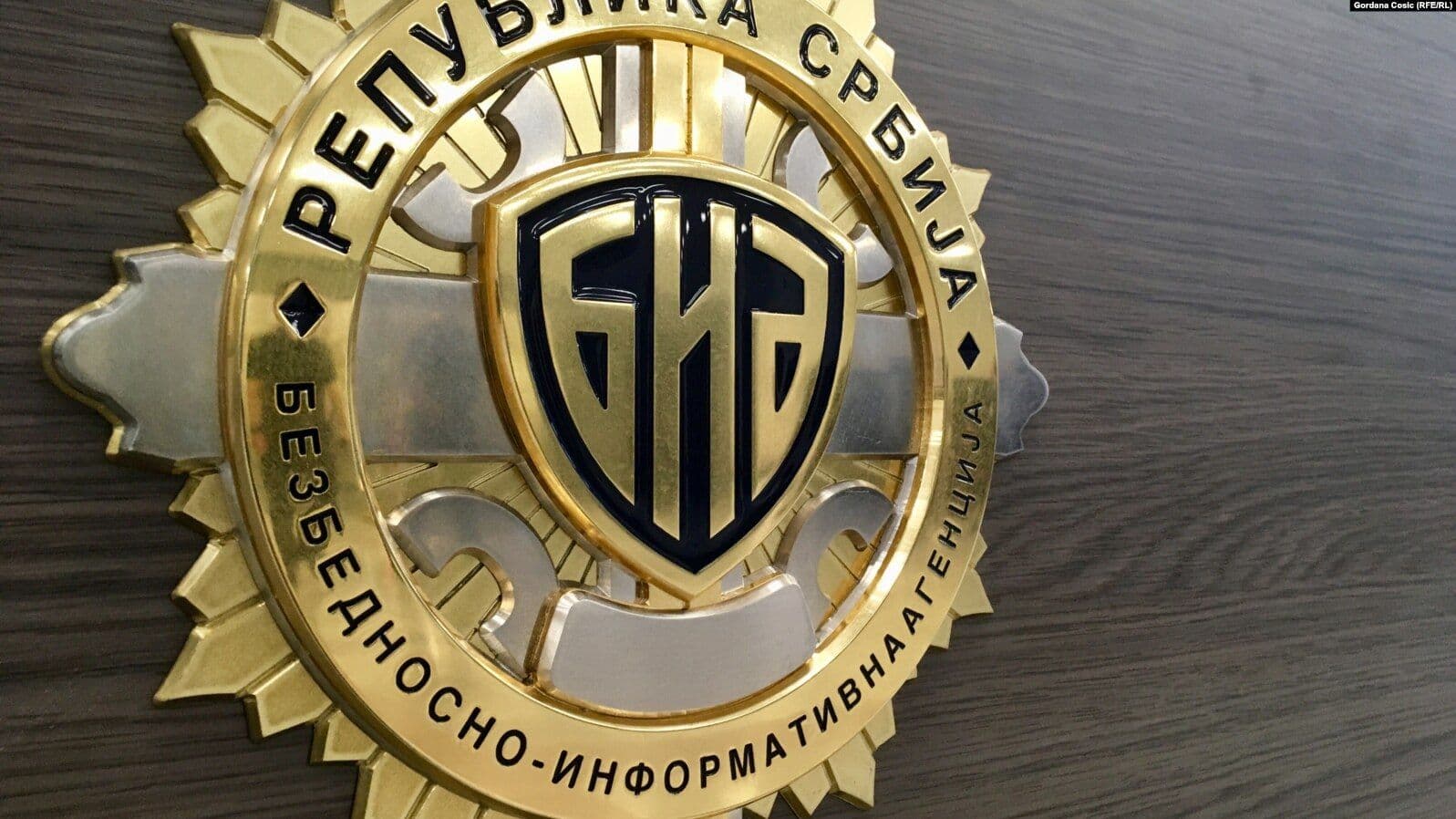Top Stories
Serbia Cracks Down on Paramilitary Training Camps Amid Foreign Pressure

Authorities in Serbia have launched a significant crackdown on paramilitary training camps following the arrest of several individuals linked to organized groups allegedly preparing for destabilization efforts in Moldova, France, and Germany. The arrests occurred within a span of just three days at the end of September 2023, responding to pressure from foreign intelligence agencies.
On September 26, the Serbian Ministry of Internal Affairs (MUP), in coordination with the Security Information Agency (BIA), apprehended L.P. (37) and S.S. (47). These individuals are suspected of organizing combat training for citizens of Moldova and Romania, aimed at enabling them to resist Moldovan police during potential unrest on election day, September 28, 2023.
Just days later, on September 29, another operation led to the arrest of a group in Velika Plana, allegedly organized by M.G. This group was reported to be involved in racial discrimination crimes and espionage in Germany and France. According to Predrag Petrović, director of research at the Belgrade Centre for Security Policy, such training camps have been a constant presence in Serbia, and the recent arrests were prompted by compelling evidence provided by foreign officials.
Petrović noted that while these paramilitary training facilities have existed in Serbia for some time, the public became more aware of their operations through international channels before local media covered them. The Moldovan police and intelligence services first revealed details about an extensive operation targeting individuals planning to act during the Moldovan parliamentary elections.
Moldovan officials reported that members of the arrested group had systematically attended military courses in Serbia, suggesting coordination with Russian security services, including the GRU. Despite these claims, the MUP’s announcement regarding the arrests did not mention Russia or its intelligence agencies.
In a separate incident, a group was arrested for vandalism linked to anti-Semitic acts and racially charged provocations in France. Reports indicated that the organizer acted under the guidance of a foreign intelligence service, further intensifying suspicions regarding Russian involvement. French media, including Le Monde, highlighted the belief among investigators that Russia played a role in these actions.
Petrović stated that Serbia has become a safe haven for both Russian and Chinese agents, particularly as relationships between Serbia and Russia have strengthened in recent years. He emphasized that the recent arrests reflect the influence of foreign intelligence pressure, as Serbian security agencies tend to act only when compelled by external evidence.
The Serbian government has reportedly established a joint task force with Russia to combat so-called “colored revolutions.” Moreover, Serbian security services have pursued Russians opposing President Vladimir Putin’s regime while simultaneously granting citizenship to individuals connected to Russian security apparatuses.
Petrović remarked on the political implications of the arrests, suggesting that the outcomes would depend heavily on the political will behind the prosecution. He expressed concern that the legal process might not follow the standards expected in a democratic society, with the potential for lenient penalties or even the use of the arrested individuals for political purposes.
As the Serbian government navigates its relationship with the West, Petrović anticipates efforts to placate Western nations through concessions, such as providing military support to Ukraine. He warned that the legal repercussions for those involved in the paramilitary training might not align with democratic norms, particularly under pressure from Russian interests.
In conclusion, the unfolding events in Serbia highlight the complex geopolitical dynamics at play. The arrests underscore concerns about foreign influence and domestic security, raising questions about Serbia’s role in regional stability and its connections to powerful external actors.
-

 World3 days ago
World3 days agoCoronation Street’s Shocking Murder Twist Reveals Family Secrets
-

 Entertainment4 months ago
Entertainment4 months agoKate Garraway Sells £2 Million Home Amid Financial Struggles
-

 Entertainment3 months ago
Entertainment3 months agoAnn Ming Reflects on ITV’s ‘I Fought the Law’ Drama
-

 Health3 months ago
Health3 months agoKatie Price Faces New Health Concerns After Cancer Symptoms Resurface
-

 Entertainment3 weeks ago
Entertainment3 weeks agoCoronation Street Fans React as Todd Faces Heartbreaking Choice
-

 World4 weeks ago
World4 weeks agoBailey Announces Heartbreaking Split from Rebecca After Reunion
-

 Entertainment6 days ago
Entertainment6 days agoTwo Stars Evicted from I’m A Celebrity Just Days Before Finale
-

 World6 days ago
World6 days agoKevin Sinfield Exceeds Fundraising Goal Ahead of Final Marathons
-

 Entertainment3 months ago
Entertainment3 months agoCoronation Street’s Carl Webster Faces Trouble with New Affairs
-

 Entertainment3 months ago
Entertainment3 months agoWhere is Tinder Swindler Simon Leviev? Latest Updates Revealed
-

 Entertainment4 months ago
Entertainment4 months agoMarkiplier Addresses AI Controversy During Livestream Response
-

 Science2 months ago
Science2 months agoBrian Cox Addresses Claims of Alien Probe in 3I/ATLAS Discovery





















